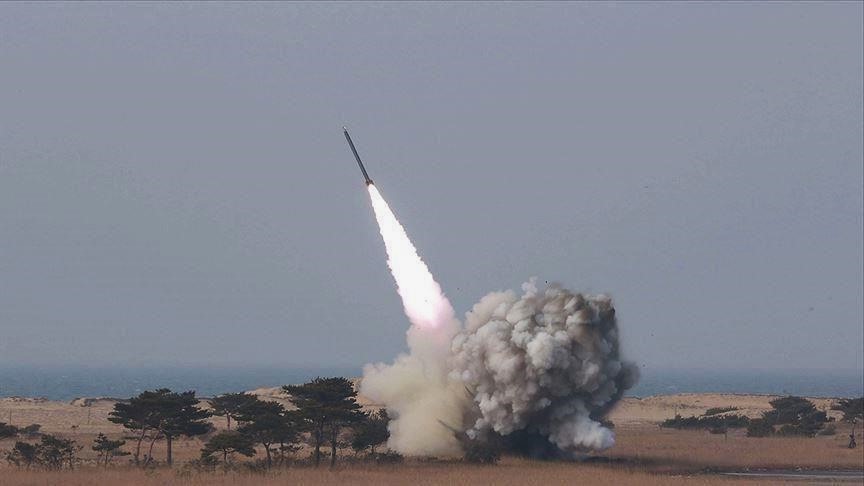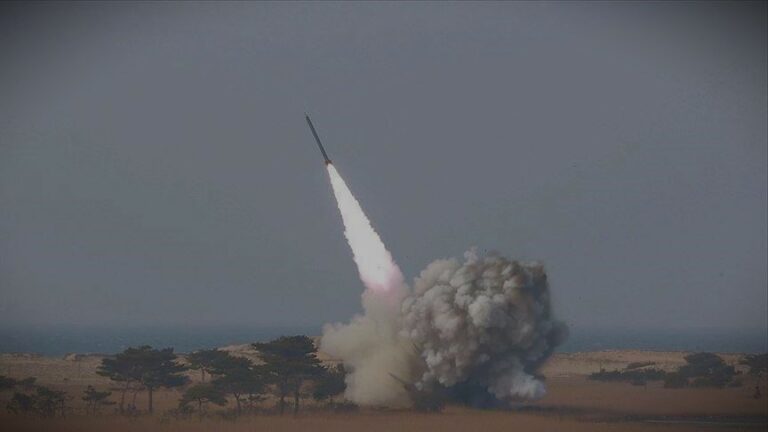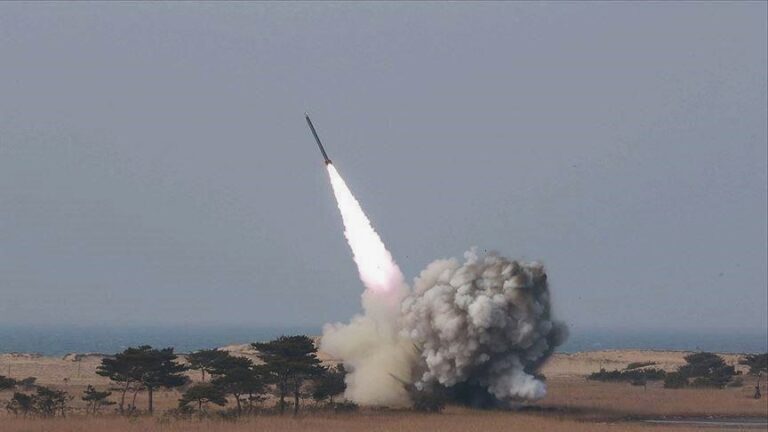
Tel Aviv, May 4, 2025 — A long-range ballistic missile launched from Yemen by Houthi militants slammed into the outskirts of Ben Gurion International Airport today, jolting central Israel and underscoring the widening arc of regional instability. The explosion, which struck near Terminal 3—the airport’s busiest hub—left at least eight civilians injured and carved a massive crater into the tarmac, briefly halting all flights.
The Houthis, a militant group backed by Iran, claimed responsibility for the strike, stating it was retaliation against Israel’s military actions in Gaza. In a televised broadcast, a Houthi spokesperson vowed that missile attacks would continue until Israel ceased its operations. “This is just the beginning,” the group declared.
The missile reportedly traveled over 1,500 kilometers, bypassing Israel’s much-vaunted air defense systems—including the Arrow-3 and U.S.-deployed THAAD batteries—raising uncomfortable questions about the limits of even the most advanced interception technologies. Israeli defense officials described the missile’s trajectory as “unusual,” possibly involving countermeasures or evasive maneuvers designed to defeat radar detection.
Airport staff and travelers described a scene of panic and confusion as the impact shook the airport terminals. Flights were grounded for several hours, while bomb squads and emergency personnel swept the facility. Airlines such as Lufthansa, Air Europa, and Turkish Airlines suspended service to Tel Aviv, citing security risks.
Prime Minister Benjamin Netanyahu swiftly convened the national security cabinet, while Defense Minister Israel Katz issued a stark warning: “Whoever dares strike our heartland will pay a price sevenfold.” Within hours, Israeli aircraft were seen flying sorties over southern Lebanon and the Golan Heights, signaling the possibility of a broader retaliation.
Meanwhile, U.S. and U.K. forces intensified strikes on Houthi infrastructure in Yemen, targeting missile launch platforms and radar systems in an effort to preempt further assaults. A Pentagon official confirmed the operation was part of a “coordinated deterrence campaign” to protect both Israeli territory and international shipping in the Red Sea.
The attack marks a significant escalation in the role of the Houthis, who have increasingly functioned as a long-range proxy force for Iran. Experts warn that today’s strike could be a precursor to a multi-front conflict, drawing in Iranian-aligned militias from Lebanon, Syria, and Iraq.
“This isn’t just about Gaza anymore,” said a senior Israeli intelligence official. “It’s a signal that Iran is willing to activate its entire network to pressure Israel and its allies on multiple fronts.”
Security in Tel Aviv remains tense, with anti-missile batteries redeployed throughout the metropolitan area. Civil defense authorities have urged residents to review emergency protocols, and underground shelters have been reopened across several districts.
As the sun set over Israel’s financial and travel hub, the airport slowly resumed operations—but a sense of unease lingers. For many Israelis, the attack brought home a chilling new reality: nowhere is truly out of range.



